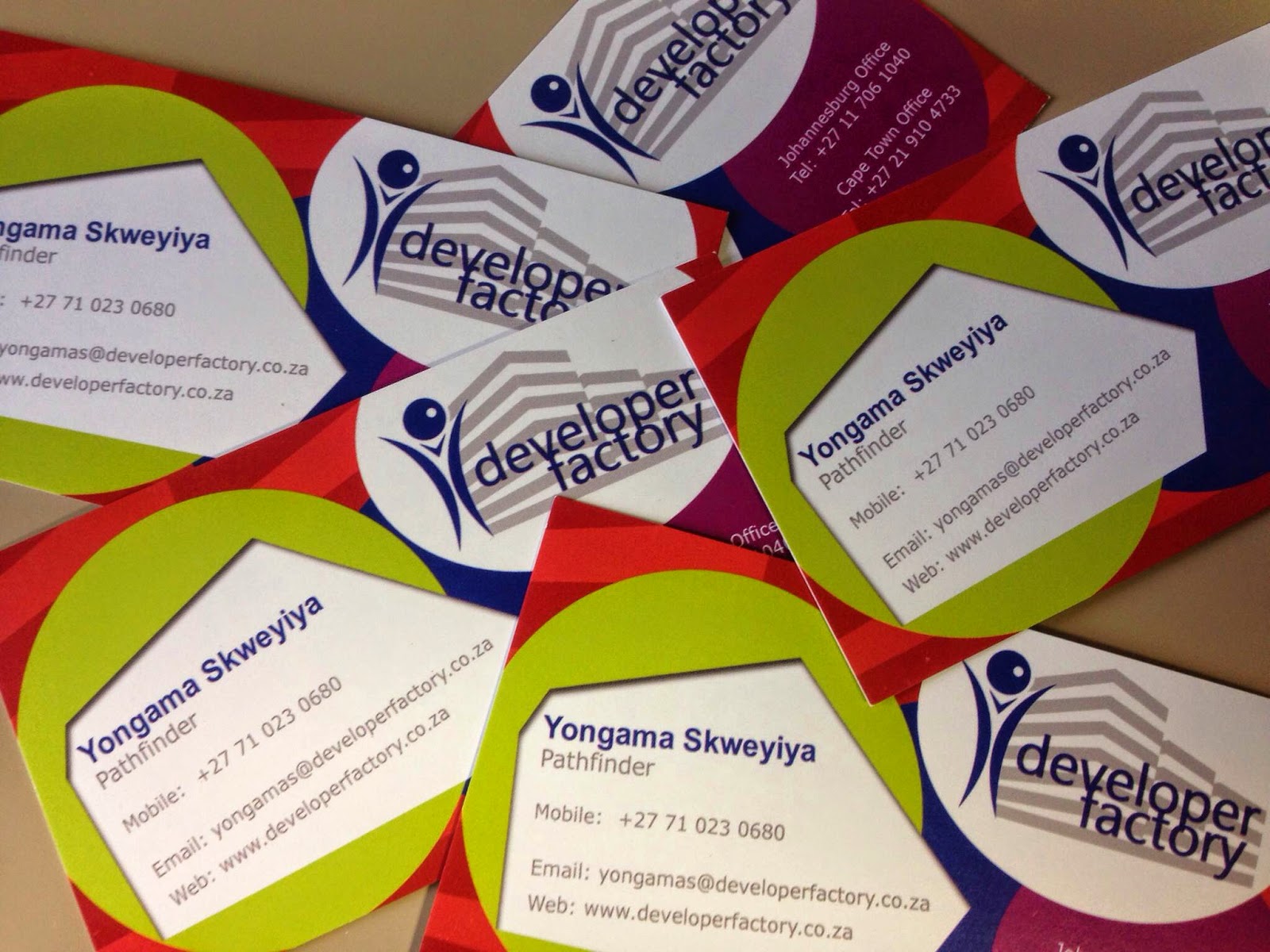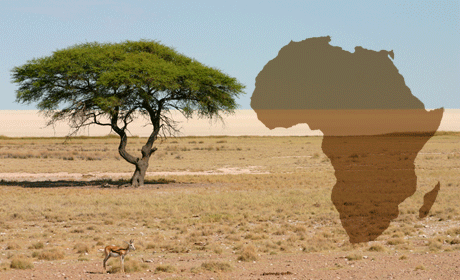Disease of liberation movements
I continually tell people that I am
not political – contrary to comments and thoughts I share. Politics in their
essence do not interest me, but I cannot help being intrigued from a business
perspective.
 My knowledge and understanding,
underpinned by years of tutelage and experience in business have made me
acutely aware of promises made to clients, customers and/or voters.
My knowledge and understanding,
underpinned by years of tutelage and experience in business have made me
acutely aware of promises made to clients, customers and/or voters.
I find fascinating the whole concept
to telling people anything under the sun in order to garner votes, to ‘serve’
the people that have put you there. False promises and advertising is undergone
with little to no consequences.
If a business/brand made similar
assertions without delivery, they would cease to exist or die a very public and
costly death. This is not the case in politics.
Having grown up in Cradock in the 80s,
at a very politically charged time, I have fond memories of meetings and
general gatherings – where the subject of the gathering was to spread
information and pray that the ANC liberates us. We sang songs, which had no
meaning to me then, but had a nice tempo and we jumped and danced, altogether a
great upbringing.
Liberation came and the ‘criminals’,
‘terrorists’ and ‘liberators’ become the government of the day – I would
imagine, it must have been a great task and mental change to move from causing
trouble to actually having to ensure the safety and welfare of a nation.
The liberation movement needed to
‘grow up’.
20 years later, I read and hear
comments that remind me of so many election campaigns of liberation movements
throughout the continent. First, the voting population has a deep need for a
hero, a god-like individual that will take us to the promise land (cause let’s
face it, currently, this is not what we were promised and what so many died
for).
Enter the likes of Julius Malema, the god-send of a marginalised faction,
enter, Mr. Jacob Zuma, enter so many other politicians who have taken the
opportunity to mushroom and want to lead us.
Fellow South Africans, no one will
save us, we need to save ourselves – we are the ones to give political
representatives the power, we need to hold them accountable.
Another well liked strategy of
liberation movements is to remind us how bad it was when we were still
oppressed – those tough days where opportunities were for a minority of well to
do oppressors and politically aligned factions of the population. Something
similar to what we are enjoying now in South Africa. But at least we are not
experiencing the killing of defenceless people by the police and army (as long
as we do not classify – Marikana as that).
But my favourite strategy employed by
liberation movements throughout the continent, from Kenya, to Zimbabwe and now
South Africa is “if you do not vote for us, the oppressors will come back to
power and oppress us all” – what a scare tactic, speaking to yet healed wounds
of a lifetime of ridicule, torture and suffering.
Having been quite young, I still remember the
tear gas – the shooting and stone throwing that seemed so common place during
my childhood. I cringe when I think of such a time, a time when our country had
no constitution or at least one that did not recognise me – a black
man/boy/person as a human.
But wait, today we do have a constitution, then if
the ‘oppressors’ did take over; the constitution would still be in effect.
Prominent business
figures and senior ministers in the cabinet are lamenting this scary and bleak
outlook – a country under a new Apartheid. I cringe.





Comments
Post a Comment